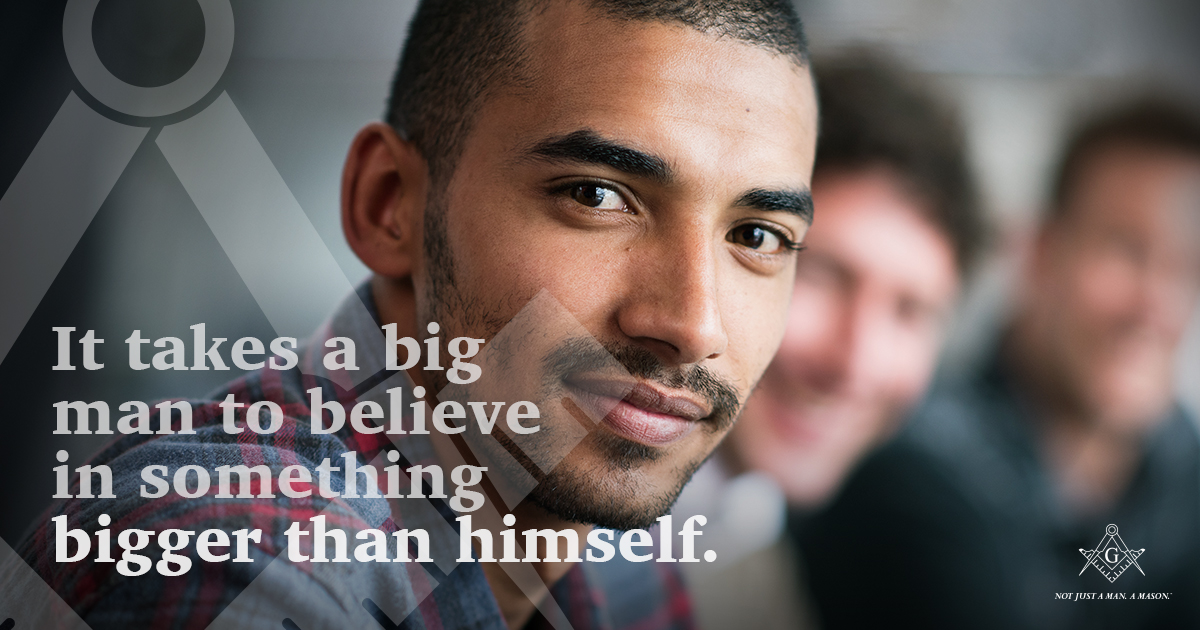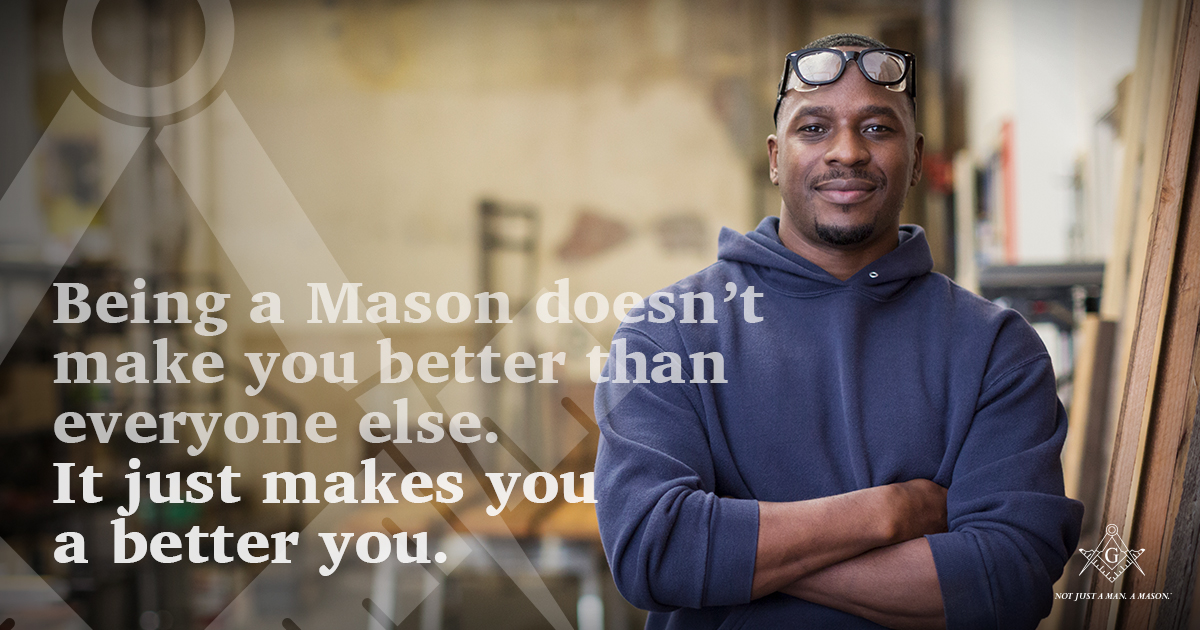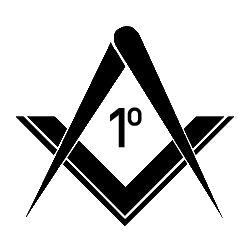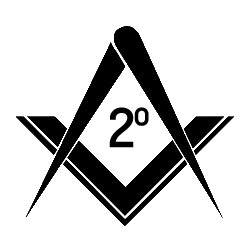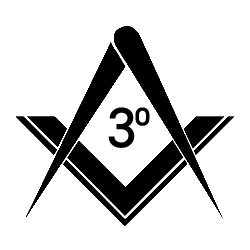Freemasonry is the world’s most ancient and honourable fraternity. Its origins are lost, unrecorded through medieval times. It was officially organized in 1717 (the Grand Lodge of England). Since time immemorial, men of good character have joined our fraternity to become the best versions of themselves.
Through a beautiful system of morality that is veiled in allegory, illustrated by symbols, and shrouded in mysteries, men from all walks of life have come together to support one another, and enjoy camaraderie, fun, history, and tradition.
What attracts a man to Freemasonry? Every man comes of his own free will and accord, with his own individual needs and interests. One man may join so that he can associate with other men who believe that only by improving themselves can they hope to improve the world. Another man may join because he is looking for a focus for his charitable inclinations. And yet another may be attracted by a strong sense of history and tradition.
Many join simply because they knew a friend or relative who was a Freemason and they admired that man’s way of living his life. All who join and become active discover a bond of brotherly affection and a community of mutual support; a practical extension of their own religious and social beliefs.
Ideal of a Freemason
If you see a man who quietly and modestly moves in the sphere of his life; who, without blemish, fulfills his duty as a man, a subject, a husband and a father; who is pious without hypocrisy, benevolent without ostentation, and aids his fellowman without self-interest; whose heart beats warm for friendship, whose serene mind is open for licensed pleasures, who in vicissitudes does not despair, nor in fortune will be presumptuous, and who will be resolute in the hour of danger.
The man who is free from superstition and free from infidelity; who in nature sees the finger of the Eternal Master; who feels and adores the higher destination of man; to whom faith, hope and charity are not mere words without any meaning; to whom property, nay even life, is not too dear for the protection of innocence and virtue, and for the defense of truth.
The man who towards himself is a severe judge, but who is tolerant with the debilities of his neighbour; who endeavours to oppose errors without arrogance, and to promote intelligence without impatience; who properly understands how to estimate and employ his means; who honours virtue though it may be in the most humble garment, and who does not favour vice though it be clad in purple; and who administers justice to merit whether dwelling in palaces or cottages.
The man who, without courting applause, is loved by all noble-minded men, respected by his superiors and revered by his subordinates; the man who never proclaims what he has done, can do, or will do, but where need is will lay hold with dispassionate courage, circumspect resolution, indefatigable exertion and a rare power of mind, and who will not cease until he has accomplished his work, and then, without pretension, will retire into the multitude because he did the good act, not for himself, but for the cause of good!
If you, my Brethren meet such a man, you will see the personification of brotherly love, relief and truth; and you will have found the ideal of a Freemason.
–Excerpted from “The History of Freemasonry” by Otto Klotz, The Canadian Craftsman, March 15, 1868. M.W. Bro. Otto Klotz was an honourary Past Grand Master of the Grand Lodge of Canada in the Province of Ontario.
